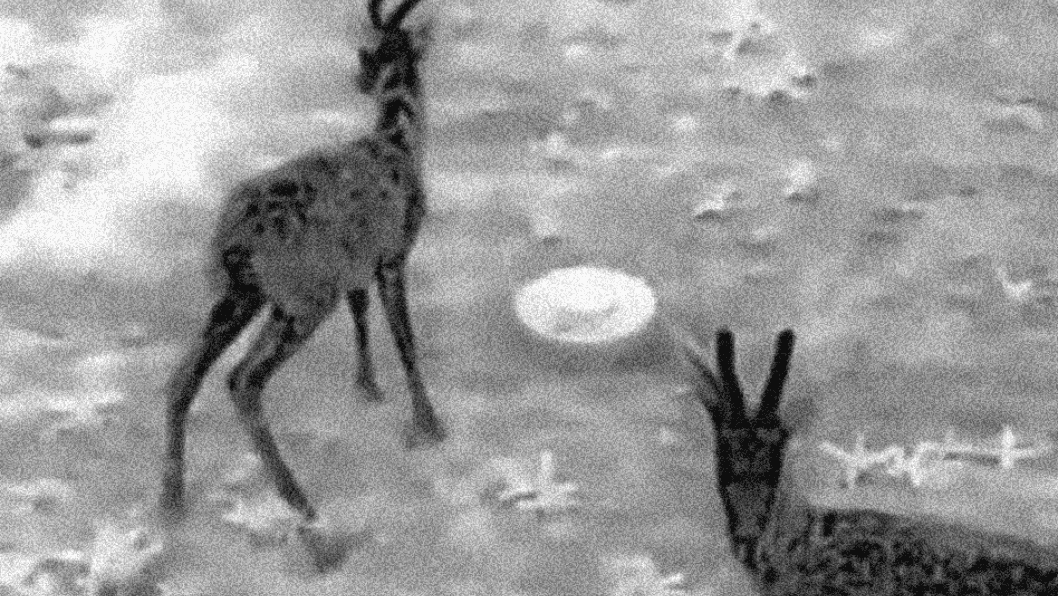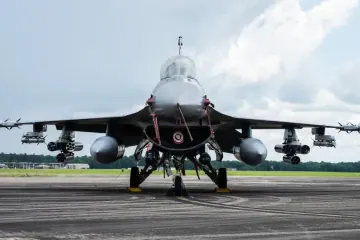- Category
- Latest news
Black Sea Ecosystem Faces Long-Term Damage After Russian Oil Tanker Collision
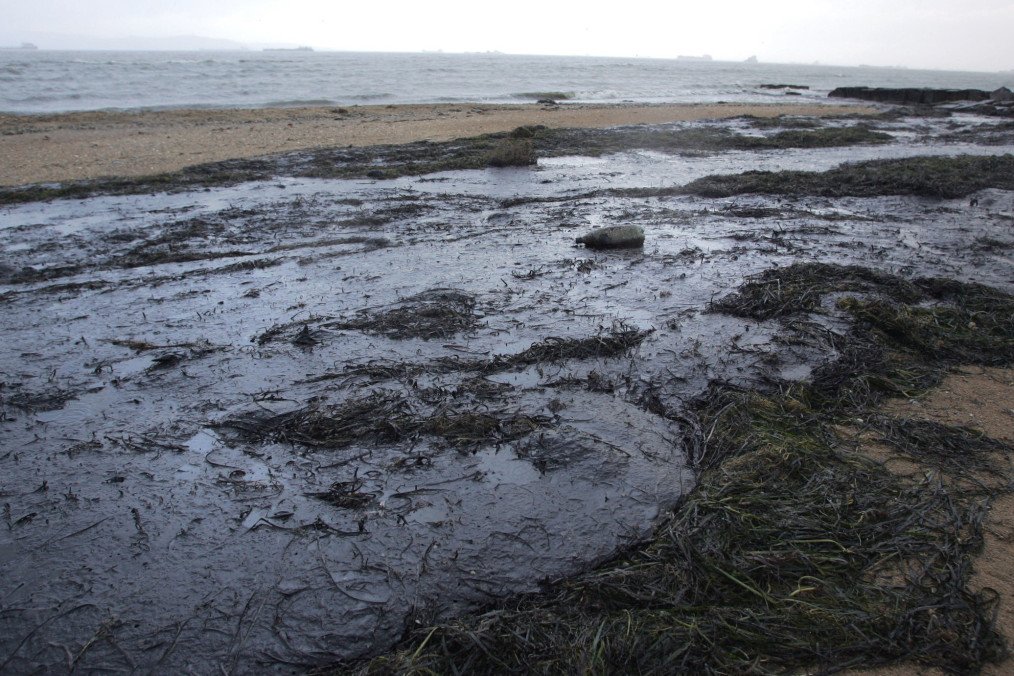
On December 15, a severe storm in the Kerch Strait led to a collision between two Russian oil tankers, the Volgoneft-212 and Volgoneft-239, spilling approximately 4,000 tons of fuel oil into the Black Sea.
The spill has created a wide-reaching ecological disaster, affecting areas from Crimea to the shores of Georgia, with the Krasnodar region coastline particularly hard-hit, Russian media Meduza reported on January 22.
Volunteers and local residents have been critical of the government’s response. They argue that authorities could have acted more swiftly to pump the remaining oil from the damaged Volgoneft-239, whose oil tanks began to leak on January 10, causing a new oil spill. “We feel like we’re bailing out the sea with a spoon,” said Alena, a volunteer still working on the affected coastline.
Volunteers have gathered thousands of bags of contaminated sand, but strong winter storms continue to bring fresh oil patches ashore. The oil spill also affected birds—many of them endangered species like great cormorants and red-throated divers.
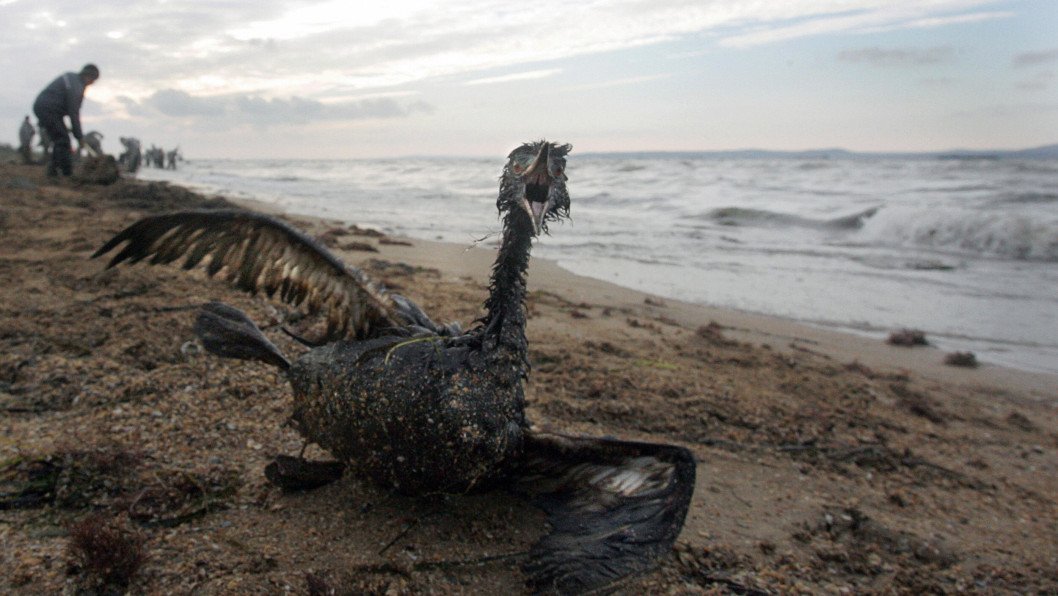
According to veterinarians, many of the birds suffer from severe oil-induced intoxication, which is difficult to treat.
“Their feathers stick together, preventing flight and food gathering. They also lose body heat and succumb to the cold,” said Georgiy Kavanosyan of the Russian ecological movement Ecosystem. Even under veterinary care, survival rates remain low; in one instance, a rehabilitation center reported a 95% mortality rate among 188 birds rescued in a single night.
The ecological damage extends beyond the visible oil slicks. Dmitriy Markin, a Greenpeace expert, explains that the spill has devastated benthic organisms such as mollusks and algae, critical to the food chain for fish and marine mammals. “The toxins can travel up the food chain, affecting dolphins, birds, and even humans,” Markin noted.
The Russian Consumer Rights Protection Agency pledged stricter monitoring of seafood quality in the region. However, experts warn that fish exposed to oil toxins could accumulate dangerous levels of contamination over the coming months.
Marine mammals, including dolphins and the critically endangered Black Sea porpoise, have also been severely affected. Over 60 dolphins have been found dead, and experts fear that the porpoise population, already at risk, could face irreversible decline due to oil-induced poisoning and habitat loss.
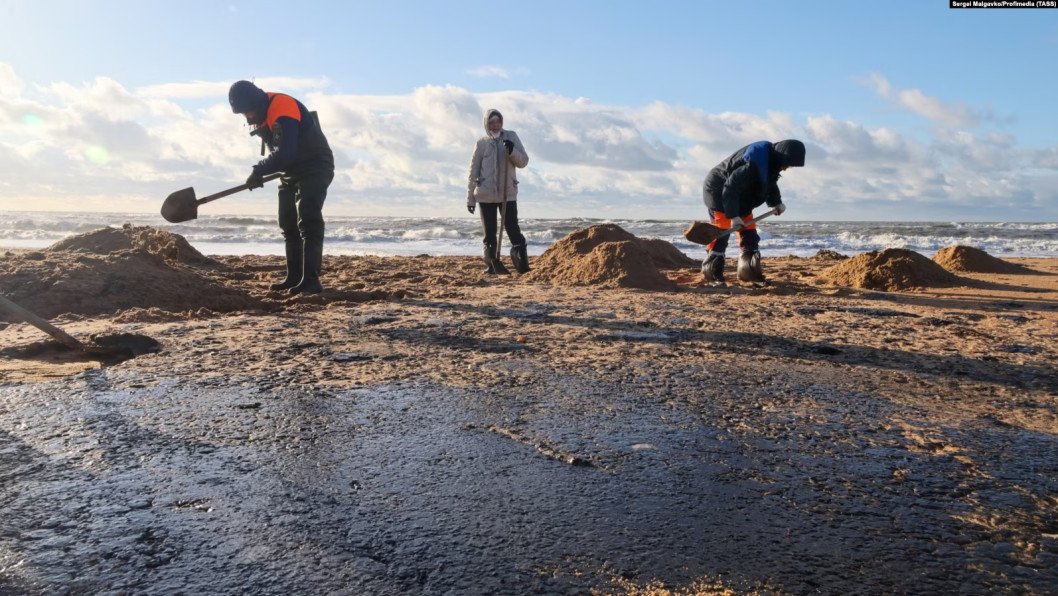
The Krasnodar region administration has reported collecting over 162,000 tons of contaminated sand and soil, though only 40,000 tons have been transported for disposal. Greenpeace warns that oil-contaminated sand layers on beaches may persist for years, creating long-term risks to wildlife and beachgoers alike.
Environmentalists caution that recovery from such a spill could take 10–15 years. “The ecosystem might stabilize if key species are restored, but if any disappear entirely, the food chain disruption could have unpredictable consequences,” said Markin.
Earlier, a tanker from Russia’s shadow fleet, the Eventin, was drifting in the Baltic Sea near the German island of Rügen after experiencing a power failure, leaving it unable to maneuver.
The tanker, which was carrying around 100,000 tons of oil, was towed eastward by three tugboats for safety reasons.
